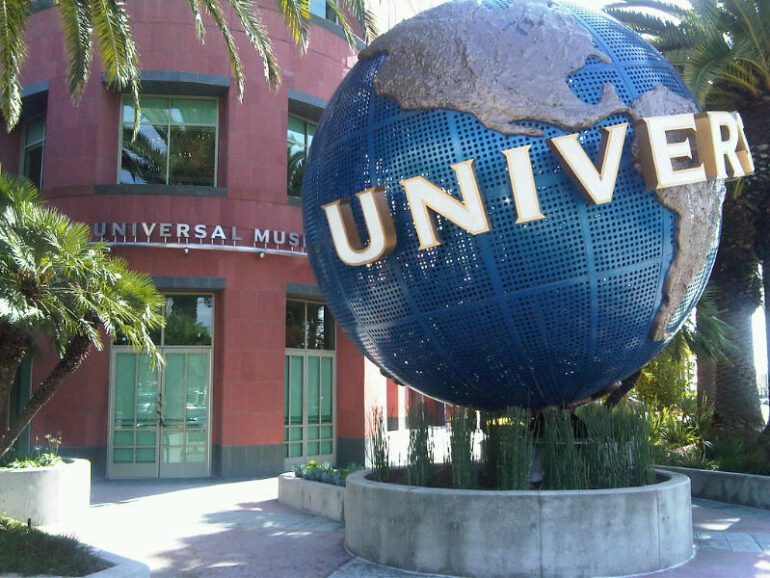TL;DR:
- Google and Universal Music Group are in discussions about integrating AI-generated music tools into the industry.
- Warner Music CEO envisions AI enhancing user-driven content and fan engagement.
- Artists like Drake and Sting hold differing opinions on AI’s role in music, reflecting ongoing debates.
- Grimes and Paul McCartney support AI-generated music; McCartney even used AI to complete a Beatles song.
- Universal Music calls for regulations to protect artists’ voices and copyrights from AI-generated content.
- U.S. Copyright Office asserts that only human-created works are eligible for copyright protection.
- Both Google and Meta have introduced AI tools for music creation, raising questions about the future of musical innovation.
Main AI News:
As technology continues its relentless march forward, the music industry finds itself at a crossroads where human creativity and artificial intelligence intersect. Industry giants Google and Universal Music Group are currently engaged in negotiations that could reshape the way music is produced, consumed, and compensated for. This development comes amidst a broader conversation about the role of AI in the creation and distribution of music.
During a recent earnings call, Warner Music CEO Robert Kyncl articulated a vision in which artificial intelligence could empower fans to express their appreciation for artists in unprecedented ways. Kyncl’s assertion that AI, with the right framework, could pave the way for a new level of user-driven content, speaks to the growing influence of technology on artistic expression.
The debate over AI’s role in music creation has not been without its controversies. Prominent artist Drake publicly voiced his concerns about AI-generated music, highlighting the issue of authenticity in an era of deepfakes. Sting, another musical icon, has expressed skepticism about AI’s ability to match the depth and authenticity of human creativity. This ongoing conversation between proponents of human artistry and AI-driven innovation underscores the complex dynamics at play.
Nonetheless, some artists have embraced the possibilities offered by AI-generated music. Grimes, for instance, has championed a vision where AI can replicate her voice to create songs, provided she receives a fair share of royalties. In a surprising turn, Paul McCartney revealed that an upcoming Beatles song was crafted using AI technology, leveraging old demo tapes to “extricate” John Lennon’s voice and complete a final record. This fusion of legendary artistry with cutting-edge technology exemplifies the evolving landscape of musical production.
With innovation, however, comes regulation. The surge in AI-generated music has prompted the need for clear guidelines and protections. Universal Music, a major player in the industry, has taken a stand by urging streaming services to prevent AI programs from using copyrighted material for training purposes. This proactive stance seeks to safeguard artists’ unique voices and livelihoods, reminding the industry that an artist’s essence goes beyond mere notes and rhythms.
The legal landscape echoes this sentiment. The U.S. Copyright Office has drawn a line, stating that copyright protection will be granted exclusively to works crafted by human hands, not those generated by machines. This distinction underscores the irreplaceable value of the human touch in artistic expression.
In a bid to explore these frontiers, Google and Meta have unveiled their own AI tools for music creation. Google’s experimental AI tool generates compositions based on text prompts, hinting at a future where inspiration can be sparked with a few keystrokes. Meanwhile, Meta’s AI tool draws from an extensive library of licensed music, offering a glimpse into the potential of AI-augmented musical experiences.
As negotiations unfold and innovation surges, the music industry faces an intriguing juncture. The harmony between human ingenuity and AI-driven creativity is still being composed, and the symphony it produces will resonate through generations of music lovers and creators. As the curtains rise on this transformative act, the question remains: can AI truly strike a chord that resonates with the soul of music?
Conclusion:
The convergence of AI and music presents a dynamic shift in the industry. While artists and innovators explore new horizons, concerns about authenticity and creative ownership require careful consideration. Striking a balance between technological advancement and preserving the essence of human artistry will define the industry’s trajectory in this transformative era.

